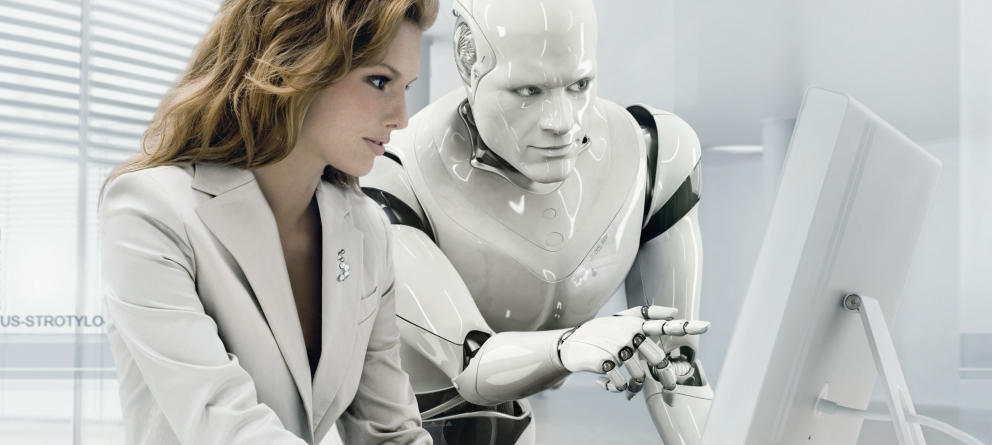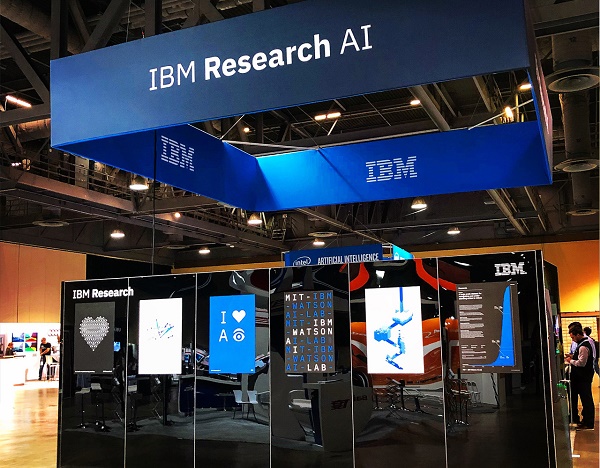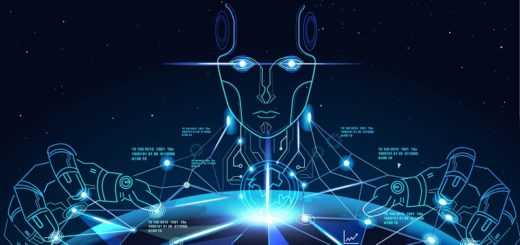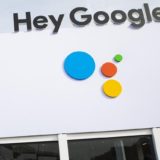Your new Artificial Intelligence boss doesn’t want to give you a salary increase
by Ready For AI · July 16, 2018
When artificial intelligence boss becomes your new boss one day, do you think that the outstanding performance will eventually be accepted or denied?

“Sorry, you are not capable enough to raise your salary.”
What do you feel when you hear this sentence comes from a robot’s mouth? When your career must depent on a robot, can you accept it calmly? This issue is not a joke, but thousands of IBM’s employees should faced .
“Say you are OK, you will be OK”
The tight feeling fill everywhere during the performance evaluation period. AS an routine, promotion and salary increase should be fixed pattern by writing reports ,presentations ect…, and salary increases are basically a set of modes of merit. The boss concludes from these things: You have performed well in the past year and should raise your salary!
If you are at IBM, that's not the same.
This company not only examines the past successes and failures of its employees, but also uses AI to predict how much work potential you have in the future. The assessment is qualified and AI feels that you have a good future, so you can be promoted to raise salary. And IBM clearly believes that artificial intelligence can help find such employees.
Yes, IBM employees have begun to look at the AI “face”. This AI is what they created by hand, IBM’s number one artificial intelligence program, Watson.

Nickle LaMoreaux, vice president of IBM compensation and benefits, feels that it is too limited to decide whether to promote based on historical performance. She believes that when the tasks of employees are basically the same, this method based on past judgments may be no problem. But the reality is that the “half-life” of skills is getting shorter and shorter, and the difference between what employees can do in the past and their future potential is increasingly irrelevant. Good employees must have the ability to continuously learn and improve.And IBM clearly believes that artificial intelligence can help find such employees. And IBM clearly believes that artificial intelligence can help find such employees.
How did they do it?
The assessment of employee income is serious and multi-dimensional. Watson needs to first retrieve employee information and take over historical projects to analyze the experience and performance of employees over the past period of time.
Watson will then actively search the internal training system for data on employee training and learning to determine if they have potential. Will learn, in order to get new skills, and then be able to compete for more difficult tasks after the promotion.

The evaluation recommendations given by Watson will determine the employee’s bonus, salary and promotion. If the boss feels OK, AI also thinks that you are a potential stock, then congratulations, your long-awaited promotion has come.
But is AI reliable? not bad. According to the statistics of the Ministry of Human Resources, Watson’s accuracy rate is 96%, which is within the acceptable range of HR, so it has already been tested.
Feeling managed by an artificial intelligence boss
For this performance appraisal AI, IBM employees are still relatively stable.
A netizen nicknamed Guillermo Miranda expressed support on Twitter: “IBM Watson, our AI engine, is changing the work of HR and has a positive impact on all IBM people.”
I don’t know if it’s because of some internal regulations in IBM. We didn’t see more of the internal employees of IBM on Twitter, Facebook, etc., and didn’t find more praise or spit.
However, most employees still have an interest in IBM’s AI “boss” – some expressed curiosity and expectation:

Vicky Rose
"Some people feel that even a system with an accuracy rate of 96% still needs human supervision."
Some people think that AI has not played such a big role, and that IBM Watson has a very small role in assessing the promotion and salary increase. The enterprise has set up a skill evaluation system for different positions according to the needs. Employees can participate in the corresponding training before they can be transferred or promoted. This type of system does not require AI. If the number of companies is small, such systems can be implemented even with Excel.
In his view, Watson could neither judge the content of the training nor judge the skills needed, and the assessment process still required a lot of human intervention. (At least HR will not be unemployed in the short term…)
Having said that, in fact, not only IBM, which introduced artificial intelligence to assess employees. At present, more and more employers are beginning to pay attention to the “future” in performance appraisal. A survey of more than 2,000 organizations by consulting firm Willis Towers Watson found that more than 40% of respondents are planning or considering changing the focus of performance management, adding “own skills” and “future potential”.

















